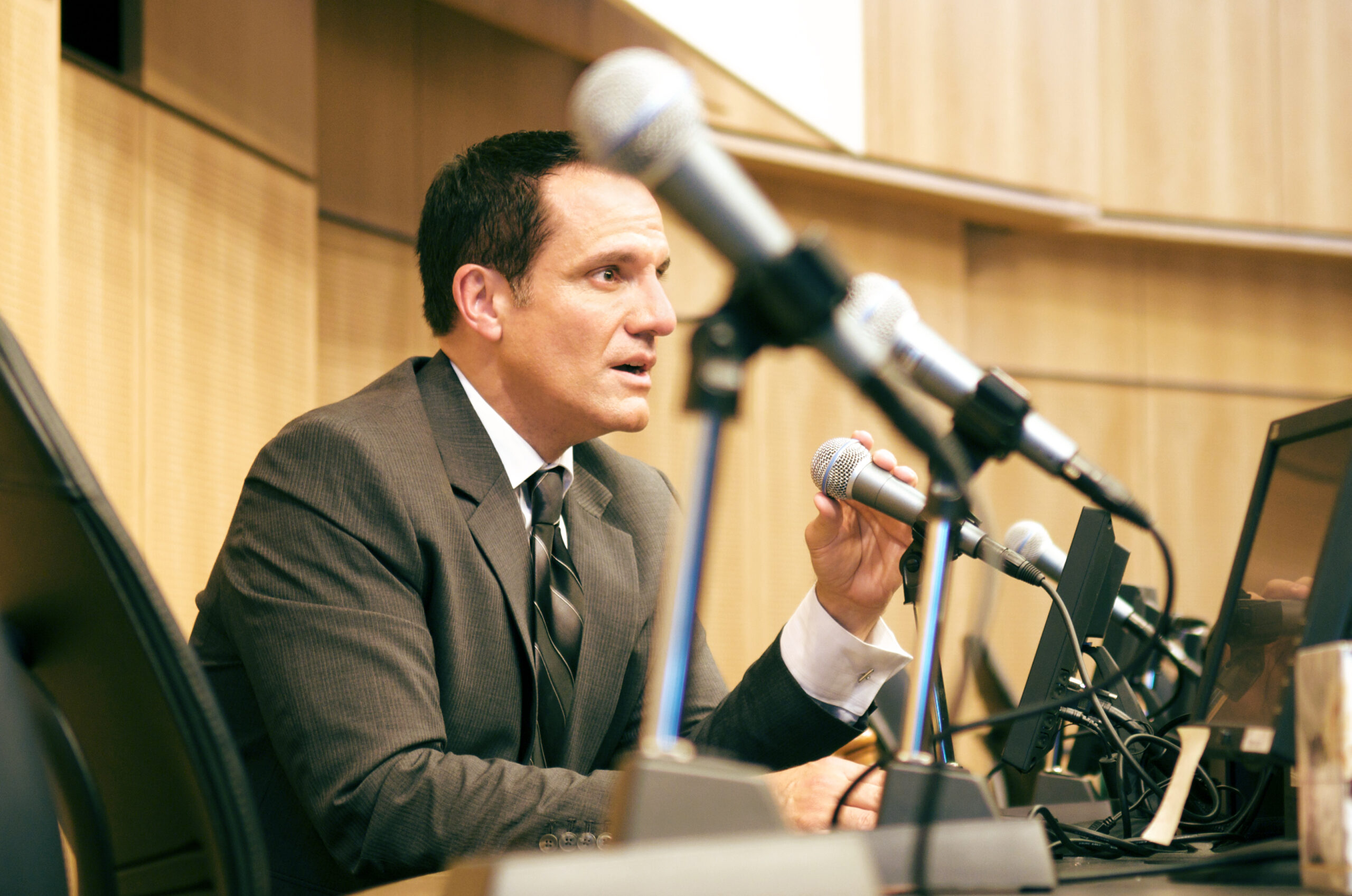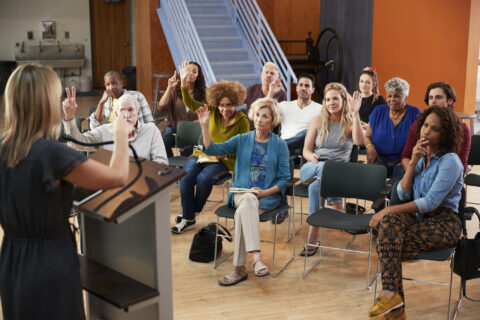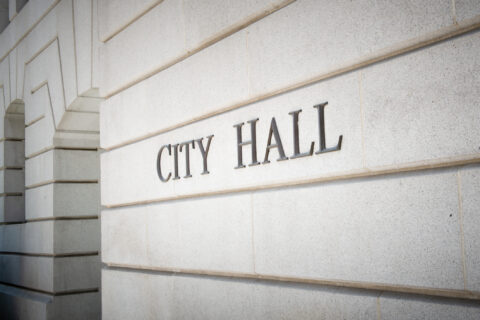It has been over one year since COVID-19 arrived in the United States. Will municipal meetings ever be the same as before?
That is not likely because while executive orders permitting electronic meetings were intended to allow the most essential of business to be conducted, municipalities soon discovered a renewed interest of public participation. When presenting on parliamentary procedure to cities and towns across Rhode Island before COVID, many questions focused on how to manage public comments during meetings. Since COVID, electronic meetings created additional questions such as whether to permit the public to participate by telephone, through the same meeting technology, or some other means. While many boards, commissions, committees, and councils have figured out best practices for those municipal meetings, even more questions arise for town meetings that are still common across New England.
One of the oldest forms of direct democracy, town meetings grant residents the power to establish policies, approve budgets, and conduct other essential business. With such broad power, it is important that careful consideration is given to delicately balance citizen accessibility, the right to be heard and debate, and limiting voting to those eligible. As towns begin to navigate electronic meetings, here are some tips to consider:
- Accessibility is the highest priority. Telephone access should be permitted to ensure the greatest number of citizens can participate. In rural areas, and even in many cities, access to a computer with high-speed internet is still not as abundant as many believe. Telephones, preferably with a local or toll-free number, offer citizens the best chance to participate.
- Distribute Visuals Ahead. This doesn’t mean that you can’t meet with video participation for those with that capability, but remember, those participating by phone need to have visuals in advance.
- Know Your Attendees. Registration should include attendees’ names, addresses, and phone numbers they intend to use for the meeting. This should be compared against your eligible voter list. If you permit non-voters, you should know how many are in attendance compared to eligible voters.
- Managing Discussion Can Be Complex. If a telephone key combination needs to be pressed to add a person to the debate queue, unmute their mic, or to be recognized, the moderator should remind participants of this at the beginning of the meeting, when debate begins, and periodically during a debate between speakers.
- Voting is Limited to Citizens. If the meetings are more a formality with little objection on action items, or very few attendees, then taking action during the meeting may be straight-forward. The clerk, calling on attendees by phone number can record that vote – though this is akin to a roll call vote and should be recorded as such. If there is dissent, a larger number of attendees or secrecy desired, putting the question for a vote by ballot at town polling locations may be more desirable. If this is done, the meeting should adjourn to meet at a future date and time to announce the results of the vote for inclusion in the minutes.
It should go without saying that your town charter should be read and any requirements there would supersede any of these recommendations. As an example, if only ballot votes are permitted at a town meeting then forcing attendees to reveal their vote by a roll call would be prohibited. As electronic meetings are not going away, now is a great time to consider how your town can create its own best practices to effectively manage public participation.










